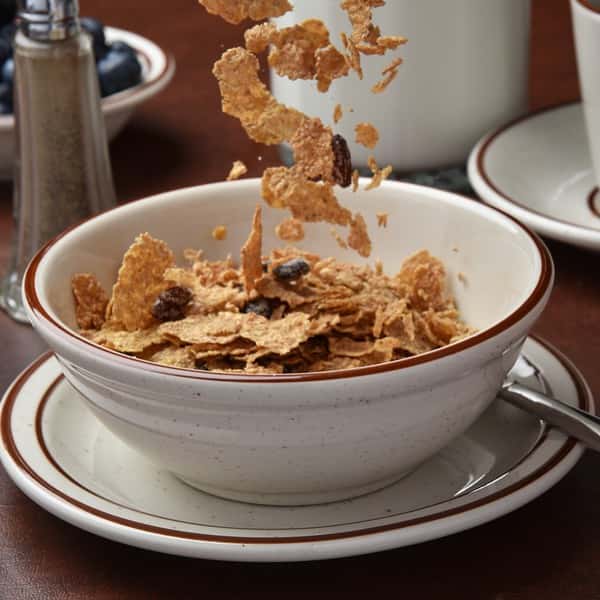
Many of us struggle with smelly gas, known more technically (and perhaps more politely) as flatulence. Sometimes the culprit is a medication that is causing the trouble. But people trying to control flatulence should also consider dietary factors, possibly keeping a diary. One reader suggests that probiotics cut gas caused by dairy products.
Will Probiotics Cut Gas If You Drink Milk?
Q. My husband’s gas decreased when I added probiotics to the vitamins I give him in the mornings. He also has less gas when he avoids milk and milk products, but he won’t do that! He likes having a glass of milk with his cereal in the morning, even though it makes him stink for the rest of the day. Any ideas?
Lactose Intolerance May Cause Gas:
A. It is possible that your husband is lactose intolerant. When people cannot digest milk sugar, they often experience gas and digestive upset. There are dairy products such as Lactaid that are low in lactose. That should reduce his gas production. Pills containing the lactase enzyme that breaks down lactose might also help.
Other Ways to Reduce Smelly Gas:
Bismuth, found in Pepto-Bismol and Devrom, can reduce the unpleasant aroma from flatulence. He should follow the dosing instructions to avoid overdosing on bismuth.
Do Probiotics Cut Gas for People with Lactose Intolerance?
The surest way for lactose-intolerant people to avoid excessive gas is to refrain from drinking milk. Since your husband prefers not to do that, however, we looked for studies on probiotics that might help. There are many different bacterial strains available in probiotic products. (These are pills or beverages that contain live bacteria shown to have benefits for human health.) They differ in their activity against flatulence.
One probiotic strain that has been tested in a double-blind trial significantly reduced symptoms following lactose consumption (Pakdaman et al, Nutrition Journal, May 20, 2016). The DDS-1 strain of Lactobacillus acidophilus was used in this trial showing a reduction in symptoms, although it did not show that these probiotics cut gas.
Other research shows that fermented milk products such as kefir or yogurt contain probiotic organisms that seem to help with symptom control (Corgneau et al, Critical Reviews in Food Science and Nutrition, Oct. 13, 2017). Some scientists have suggested that yogurt might have multiple benefits for gastrointestinal health (Pei et al, Critical Reviews in Food Science and Nutrition, May 24, 2017).
Non-dairy Milk?
Perhaps the most obvious solution, however, would be for your husband to try one of the non-dairy “milk” products that have become popular. Based on soy, rice, almonds, coconut, cashews or even hemp, some of these milk substitutes can be tasty and might satisfy his desire for milk without causing excess flatulence.

